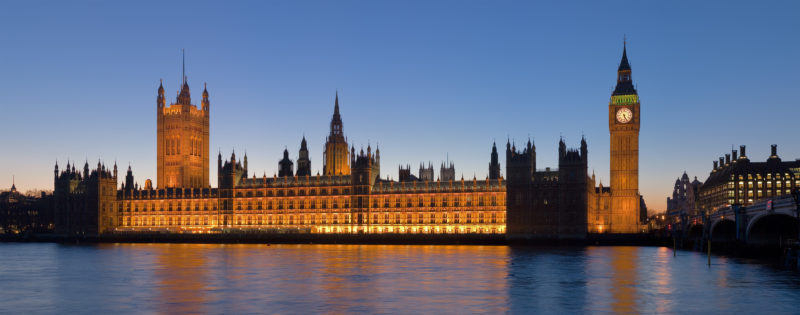Yasmin Qureshi Labour Member of Parliament for Bolton South East

My Opposition Colleagues and I opposed the passage of this Act because it threatens teachers and nurses with the sack during a staffing crisis, attacks the fundamental freedoms of working people, and does nothing to resolve the underlying problems affecting our services.
Working people are facing the largest fall in living standards in a generation and, in response, many are striking for what they and their families need. I believe that it is deeply worrying that rather than seeking to meet these needs, the Government has instead pushed through a law giving Ministers powers to order compulsory ‘work notices’ to be issued to striking workers, who could then be sacked for going on strike.
I believe that this Act is wrong in principle. The right to strike is a fundamental one in our society, yet the Act will effectively withdraw that right from hundreds of thousands of workers.
I also believe that the Act is unnecessary. Whilst the Government argues that it is seeking to ensure public safety, the Act does not mention safety once. Indeed, last autumn, the Government itself argued that minimum service levels were not needed for the emergency services due to existing regulations and voluntary arrangements. We all want minimum standards in essential services, but it is Government Ministers who are failing to provide them.
Finally, I believe that the Act is unworkable. Indeed, the Government’s own impact assessment on minimum service levels for transport warned that the plans could lead to more strikes and staff shortages.
Towards the end of its journey through Parliament, the House of Lords amended the then Bill to:
- Remove the power to sack workers for taking strike action;
- Remove the requirement that unions take “reasonable steps” to make their members go to work on a strike day;
- Force the Government to consult on and publish impact assessments before implementing the new law;
- Exempt Scotland and Wales from the Bill.
My Opposition Colleagues and I supported these amendments when the Bill returned to the House of Commons, however, unfortunately, they were all voted down by Government MPs. We then supported further alternative amendments put forward by the Lords to achieve similar aims, but these were again defeated.
Nevertheless, I can assure you that I will continue to oppose this Act and will support efforts to repeal it now that it has passed.
